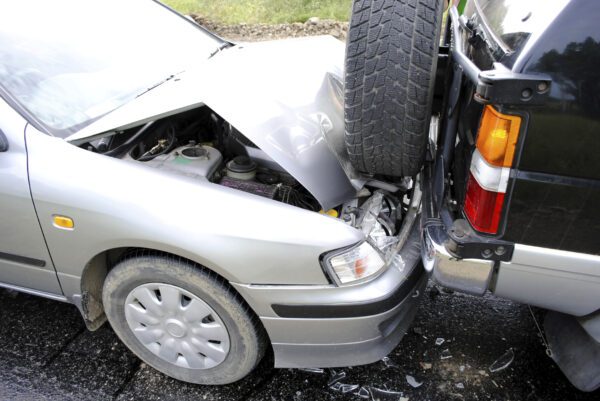
A recent report from the U.S. Department of Transportation’s National Highway Traffic Safety Administration (NHTSA) does not bode well for American motorists.
According to agency estimates, a staggering 26,000 people died in traffic accidents in the first nine months of 2015. To put this in perspective, there were 23,796 roadway deaths in the first nine months of 2014. This steep uptick represents a 9.3 percent increase in traffic fatalities, after a long period of gradual decline.
Roadway deaths increase in 2015
The sobering news is particularly timely for the NHTSA, which has recently launched a series of regional summits designed to examine the types of behaviors that lead to roadway deaths across the country. Not surprisingly, research conducted by the NHTSA has shown that human factors are the underlying cause of 94 percent of all traffic collisions.
“We’re seeing red flags across the U.S. and we’re not waiting for the situation to develop further,” said NHTSA Officer Dr. Mark Rosekind in a press release. “It’s time to drive behavioral changes in traffic safety and that means taking on new initiatives and addressing persistent issues like drunk driving and failure to wear seat belts.”
Driving behavioral change in traffic safety
U.S. Transportation Secretary Anthony Foxx commends the NHTSA’s research and initiatives, which have helped drive a slow but steady decline in highway deaths over the past 10 years. Officials aren’t certain why 2015 was such as deadly year for motorists, but the numbers show that more concerted efforts need to be taken to save lives and prevent needless traffic deaths.
Foxx says the NHTSA safety summits will offer new tactics and approaches to the repertoire of those already in use to help reduce motor vehicle crash fatalities.
The summits – held in cities across the nation — will culminate in a nationwide gathering in Washington DC later this year. The mission is to engage all highway safety practitioners as well as new partners, to share ideas and create new approaches to combat behavioral issues that lead to traffic deaths.
On the roundtable for discussion are issues including drowsy and distracted driving; drunk and drugged driving; failure to use seat belts and child seats; excess speeding; as well as initiatives to protect cyclists and pedestrians.
The summit series kicked off in Sacramento, California last week, where the agenda included identifying actions to promote sound policies, technologies and programs that have direct application in the States, with emphasis on preventing injuries and crashes.
Car accident victims have legal rights
The unfortunate reality is that rates of car accidents in Maine, like other states, continue to climb. And a large majority of these crashes are caused by driver negligence and error. Even seemingly minor fender benders can leave passengers with life-altering injuries that can undermine one’s ability to work, earn a living and support their family.
In order to recover compensation in a car accident claim, victims must demonstrate liability and take action within a prescribed period of time. Damages may include those for medical expenses, loss of income and future wage loss, as well as emotional trauma, and suffering. However, to ensure your right to fair compensation, you must align with an experienced team of Maine accident attorneys.
For more than three decades, the firm of Hardy, Wolf & Downing has provided unrivaled legal representation to residents of Lewiston, Bangor, Auburn and Portland, Maine. Call us today to schedule a free consultation.

